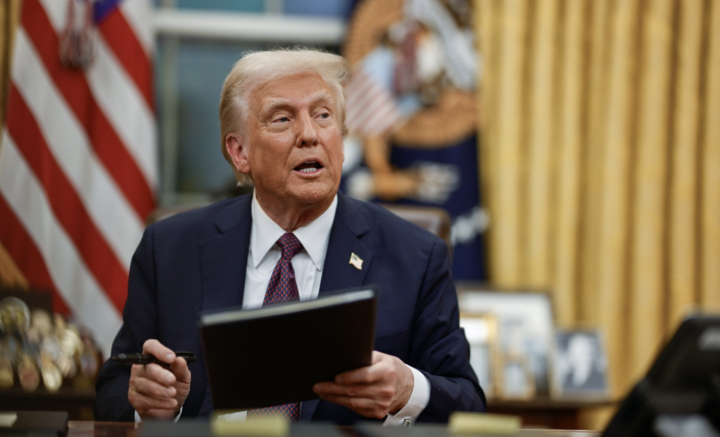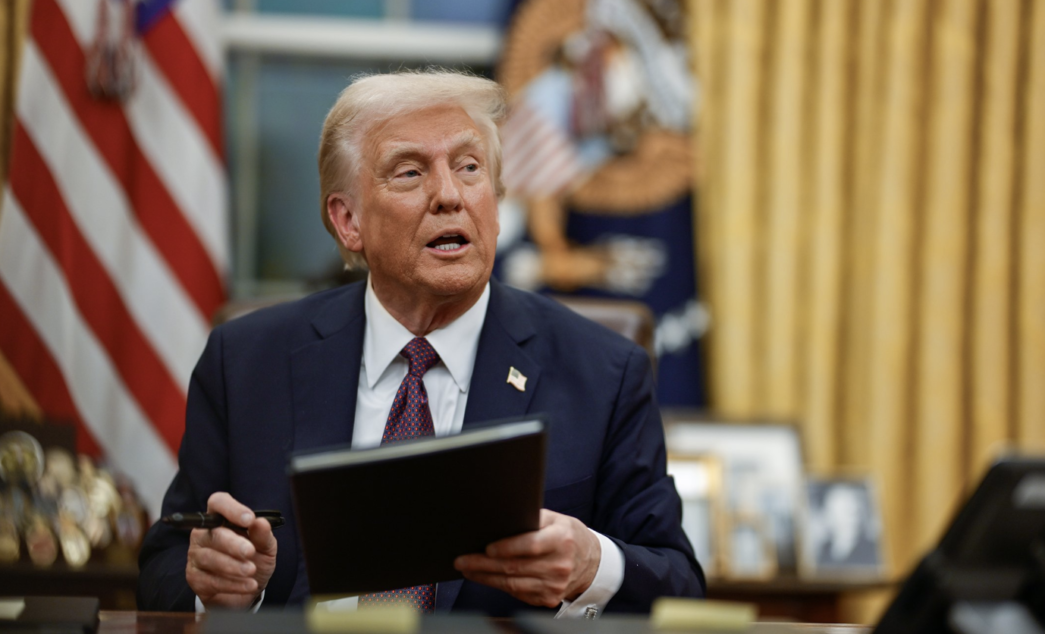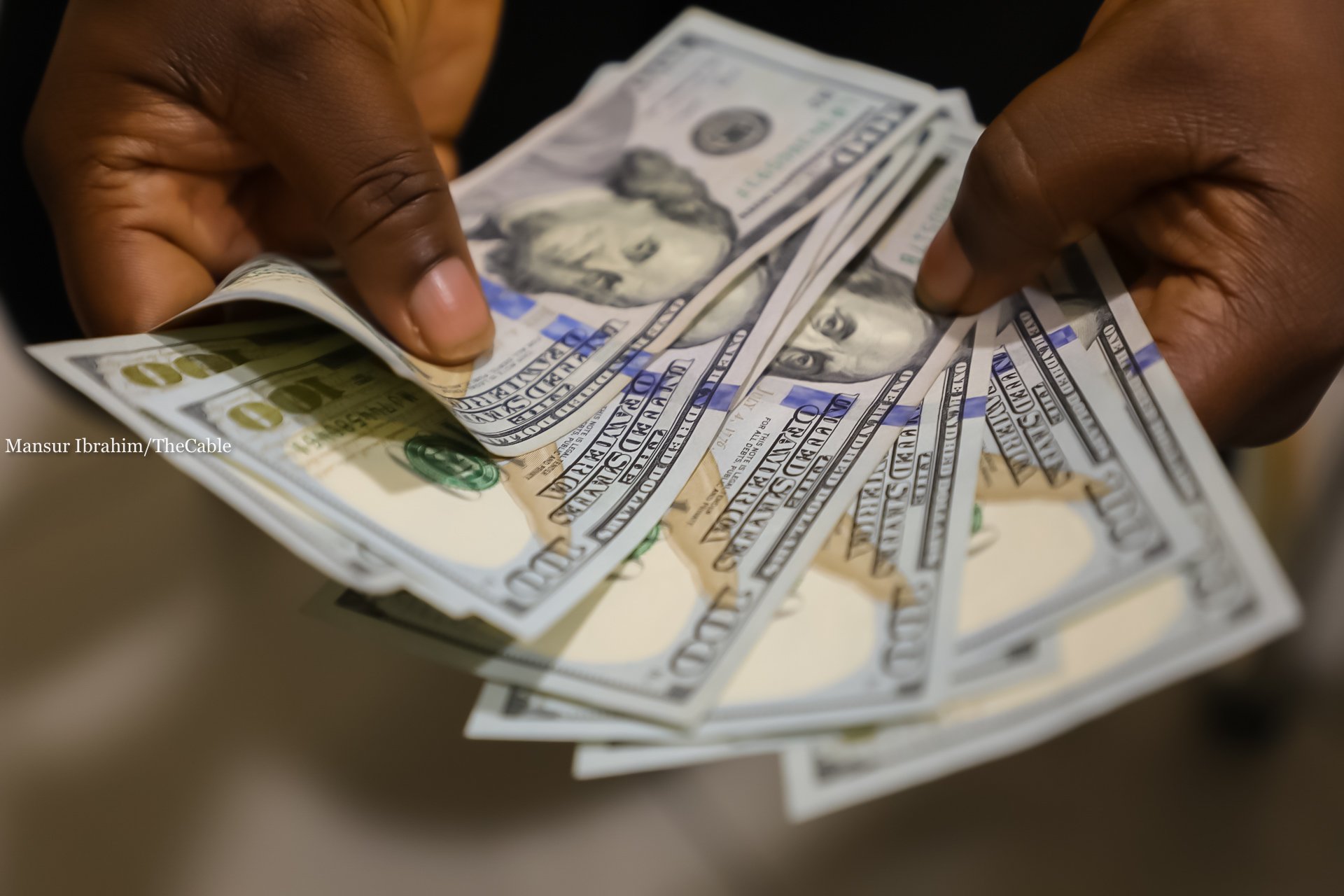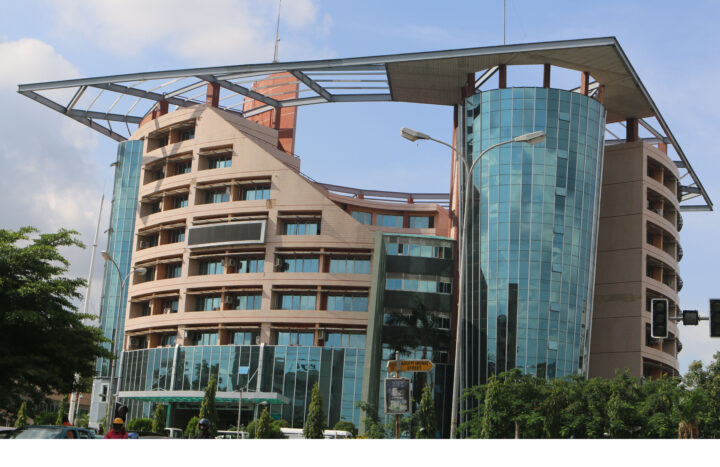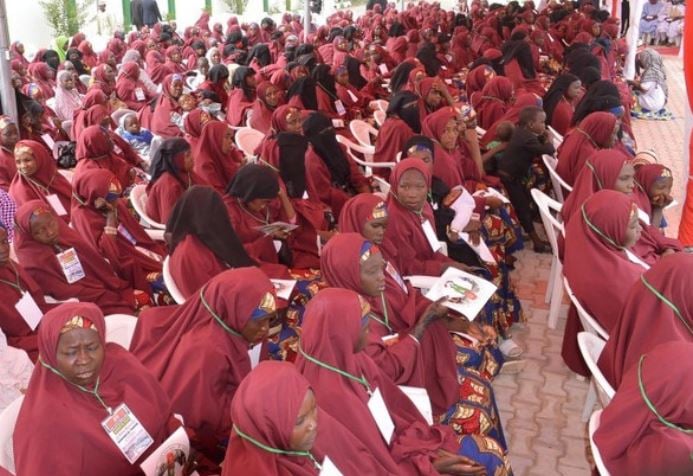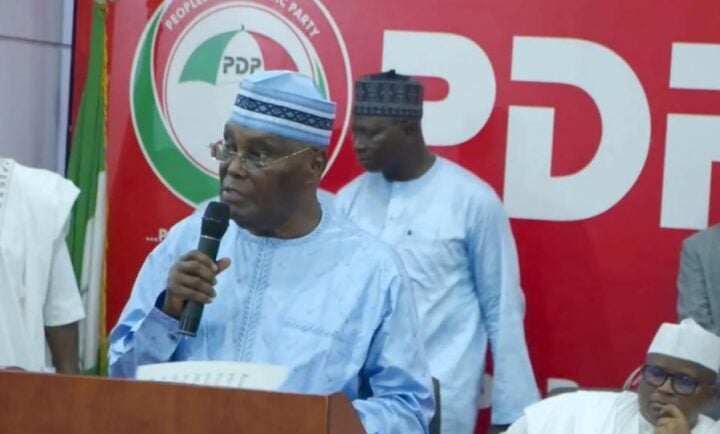Donald Trump
The Trump administration has just announced the cancellation of a $17 million USAID-sponsored project that was supposed to provide tax policy advice to Liberia. The news was broken by none other than tech billionaire Elon Musk, who took to his platform X (formerly Twitter) to gloat:
“Among many other things, @DOGE today canceled a $17M project to provide tax policy advice to Liberia,” Musk wrote. “Why would anyone think that this is a good use of YOUR tax money?”
Predictably, reactions have been split. Some see this as yet another example of Trump’s disregard for Africa, a move that will leave struggling economies even worse off. But let’s be honest—was this project really about helping Liberia? Or was it just another case of Western aid that benefits the donors far more than the recipients?
Rather than fear this shift, African nations should embrace it. The era of dependency on Western aid—so often a tool for influence and control rather than genuine development—must end. This is a golden opportunity for African countries to take control of their economic future, demand more for their resources, and forge new, fairer partnerships across the globe.
Advertisement
The Problem with Western Aid
For decades, Africa has been flooded with aid money, much of it dressed up as “technical assistance.” But where does that money really go? More often than not, it stays in the donor country, paying for expensive consultants, administrative overhead, and foreign experts who fly in, write up reports, and leave without creating any real change.
Take the now-canceled Liberia project, for example. A $17 million budget sounds like a lot, but how much of that would have actually ended up in Liberia’s economy? If history is any guide, a big chunk would have been spent on U.S.-based consultants and salaries rather than investing in homegrown expertise.
Advertisement
Even worse, these aid programs often push policies that benefit Western investors more than African economies. Tax policy advice from USAID? That sounds an awful lot like shaping Liberia’s tax system to attract foreign corporations—often at the expense of local businesses and long-term national revenue.
The Shift Has Already Begun
Luckily, some African nations are already leading the way in demanding fairer deals. Take Côte d’Ivoire and Ghana. For years, multinational chocolate companies dictated the price of cocoa, keeping African farmers at the bottom of the supply chain. But in 2019, these two West African giants teamed up, forcing global buyers to pay a premium for their cocoa. They put their foot down: No more cheap raw materials.
Or look at Niger, which has been renegotiating its uranium deals with France. For decades, France relied on cheap uranium from its former colony to power its nuclear plants, while Niger saw little benefit. Now, Niger’s government is demanding fairer compensation, shaking up long-standing economic ties.
Advertisement
Mali, too, is pushing back. It recently went after a major foreign gold mining company, claiming it owes billions in unpaid taxes. These are moves that would have been unthinkable a decade ago—but they signal a growing confidence among African nations that it’s time to take what’s rightfully theirs.
Diversifying Africa’s Partnerships
This shift away from dependency on Western aid doesn’t mean Africa has to go it alone. The world is changing, and new alliances are forming.
The BRICS nations (Brazil, Russia, India, China, and South Africa) are offering alternative investment and trade partnerships that don’t come with the same political strings as Western aid.
Advertisement
China’s Belt and Road Initiative has already built major infrastructure across Africa, from highways to ports. While not without its challenges, it presents another option for development funding.
The Middle East and Latin America are increasingly engaging with Africa in trade and investment, providing new markets and opportunities.
Advertisement
By diversifying its partners, Africa can negotiate better terms, play countries against each other for the best deal, and ensure that development is driven by African priorities—not foreign interests.
Tapping into Africa’s Own Talent
Advertisement
Perhaps the biggest shift needs to happen at home. Africa is not short on expertise. Across the continent and in its vast diaspora, there are brilliant economists, engineers, and business leaders who understand local challenges far better than any foreign consultant ever could.
Liberia, for example, has plenty of tax experts who could design a tax policy that serves the country’s needs—not just those of foreign investors. Why outsource critical decisions to people with no long-term stake in Liberia’s success?
Advertisement
Instead of waiting for Western aid, African governments should invest in their own talent, strengthen local institutions, and take full ownership of their economic policies.
The End of Aid Dependency
Trump’s decision to cut this USAID project isn’t a tragedy—it’s a wake-up call. Western aid has long been a crutch, and in many cases, a tool of economic control. Now, Africa has a chance to break free.
By demanding more for its resources, forging new partnerships, and investing in its own people, the continent can take its rightful place in the global economy—not as a perpetual recipient of handouts, but as a powerhouse in its own right.
The time for dependency is over. The time for African economic independence is now.
Views expressed by contributors are strictly personal and not of TheCable.
Add a comment

